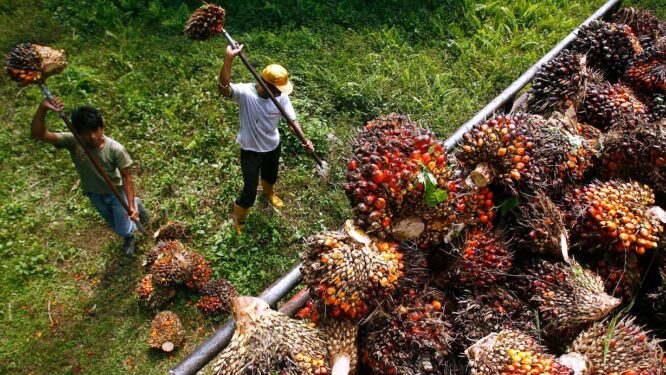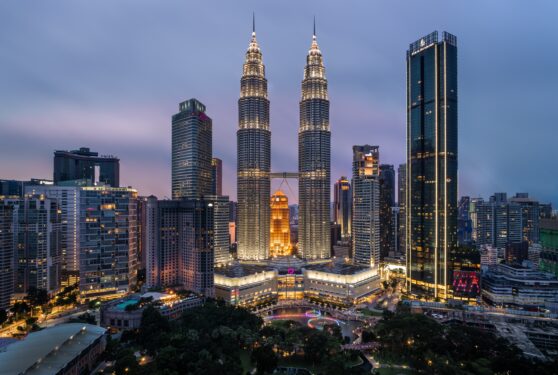ADVOKASI Perusahaan dan Industri (API), an advocacy group dedicated to promoting business and industry growth, has called for stakeholders to drive fair and equitable discussions about palm oil in Malaysia.
On this note, it stressed that business and commerce, NGOs (non-governmental organisations) and the public need to be engaged in the industry’s concerted commitment to championing sustainability.
“The rapid progress in sustainable practices within the palm oil sector holds greater importance than just for the local industry,” commented API’s managing director Datuk Fazli Nordin.
“While the industry significantly contributes to the broader global economic landscape, it is often unfairly targeted with negative perceptions that overshadow the substantial progress we have made in sustainable practices.”
He added: “We are at a pivotal moment where we can re-define our palm oil industry not just as an economic powerhouse but as a leader in sustainability. These efforts are critical for the industry’s future, ensuring it remains a sustainable and vital contributor to our nation’s prosperity.”

As one of the world’s largest palm oil producers, Malaysia recorded a peak in palm oil export revenue which totalled RM135 bil in 2021 with an estimated contribution of 2.4% to the GDP. This year, Malaysia’s export revenue is expected to increase by 3.7% to 16.30 million tonnes from 15.72 million tonnes in 2022.
Uplifting sustainability factor
Smallholders contribute significantly to the industry, accounting for between 30% and 40% of palm oil cultivation in the country. As of December 2021, nearly 250,000 licenses had been issued to smallholders in Malaysia.
Johor has the largest number of these smallholders, followed by Sarawak and Sabah. These smallholders are considered the most important stakeholders in the cultivation of palm oil and other tree crops in Malaysia. In general, the agriculture sector provided employment to 1.86 million people in 2022.
To monitor the development of the palm oil sector, compulsory compliance with the Malaysian Sustainable Palm Oil (MSPO) certification scheme and voluntary membership of the Roundtable on Sustainable Palm Oil (RSPO) effective 2019 are pursued to minimise the industry’s environmental impact and promote responsible practices.
Thus far, the initiatives employed by the Malaysian government and palm oil corporations appear to be bearing fruit with some 83% of palm oil refining capacity now operating under a ‘No Deforestation, Peat and Exploitation (NDPE)’ commitment.

The rate of deforestation in Malaysia has been trending lower for some time, with Global Forest Watch recently reporting a sharp reduction in forest loss, a proof that reversing deforestation trend is achievable.
Ultimately, this forward-thinking approach aligns with global environmental goals and the increasing consumer demand for sustainable products. Towards this end, API is encouraging a more collaborative approach involving all stakeholders which it hopes will lead to even further sustainable development across the industry.
“We envision a future where the palm oil industry is synonymous with sustainability. Our efforts today are laying the groundwork for a greener, more prosperous tomorrow,” concluded Fazli. “It is thus crucial to engage in open, factual discussions about the industry’s efforts in environmental stewardship and socio-economic contributions.” – Dec 18, 2023










